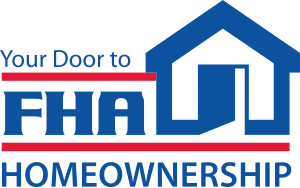
Currently, any debt forgiven by a lender in a short sale, loan modification, or foreclosure is exempt from federal taxation. However, that exemption is scheduled to expire Jan. 1, 2013.
Making sense of the story
- Borrowers will have to count mortgage relief from lenders as income on their federal tax returns, if the exemption is allowed to expire. That means, for example, a borrower would have to pay taxes on a $100,000 reduction in principal owed on a loan, or a $20,000 write-off in the amount owed after a short sale.
- An extension of the tax exemption – established under the Mortgage Forgiveness Debt Relief Act of 2007 – is a strong possibility. But given that Congress will have to grapple with serious fiscal issues after the November elections, there is no guarantee the exemption will emerge from those negotiations intact.
- The Debt Relief Act exemption applies only to canceled mortgage debt used to buy, build, or improve a primary residence, not a second home. The maximum exemption is $2 million.
- Reinstating the tax would undercut the the effect of the National Mortgage Settlement reached earlier this year in the federal government’s investigation into banks’ mishandling of foreclosure documents.
- Under the terms of the settlement, five of the biggest mortgage lenders must put some $17 billion toward debt relief that enables borrowers to stay in their homes. Smaller portions are reserved for short sales and refinancing.
For all your real estate needs
Email or call today:
John J. O’Dell Realtor® GRI
Civil Engineer
General Contractor
(530) 263-1091
Email jodell@nevadacounty.com
DRE#00669941
































